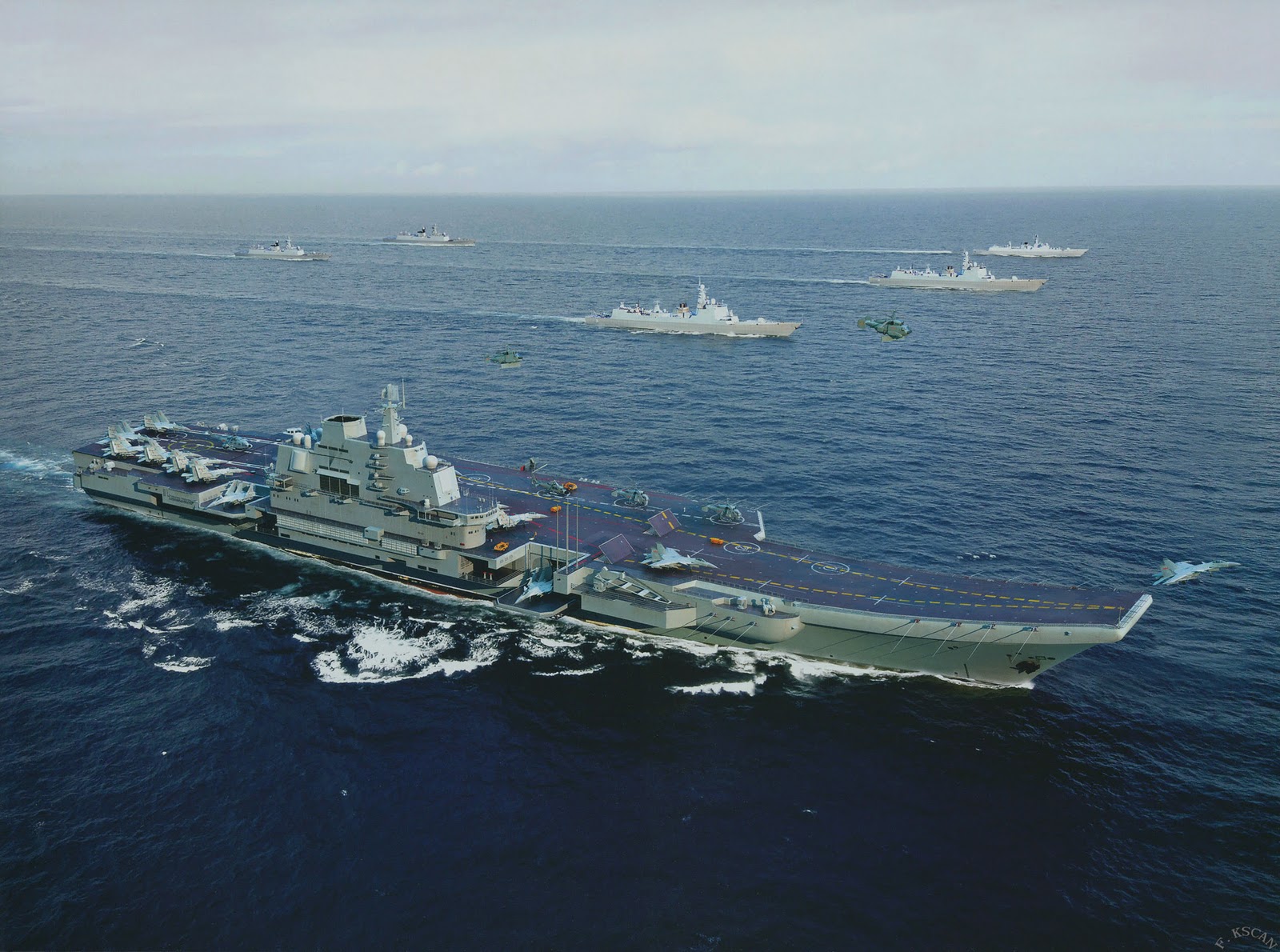
Tying a new national security strategy focused on China and Russia to domestic priorities can become complicated when handling issues like arms control, a top security analyst said Wednesday.
Speaking Wednesday in an online forum at the American Enterprise Institute, Gabriel Scheinmann, executive director of the Alexander Hamilton Society, said that cooperating with a nation like China on climate while competing with it in other areas is “where the tradeoff becomes a problem.” He said no strategy should ignore “all the other things they’ve been rocking the boat on,” like the South China Sea.
Scheinmann said, “it’s hard to separate out these spheres [foreign and domestic] neatly” in developing a strategy.
Paul Lettow, former senior director for strategic planning at the White House National Security Council, added he doesn’t “think the current leadership of the [People’s Republic of China] sees competition and cooperation in the same way as the Biden administration does.”
Beijing has “not been particularly helpful” in addressing key domestic issues for the Biden administration, including climate change and the response to COVID-19 and, in negotiating arms control issues with Russia, he said
In his opening remarks, Lettow asked rhetorically, “what is the purpose of foreign policy [but] protecting American security” with clear definitions for the long term of “what is it we’re trying to defend here.”
He noted his concerns that the administration may be holding back the release of the strategy due to recent tensions with Russia, which is massing troops on its border with Ukraine.
The administration is expected to release its new strategy next month.
“A general principle [is] if you hold your [National Security Strategy] … by definition you’re doing it wrong.” Lettow said it has been clear for a long time that Russian leadership under President Vladimir Putin has been a “destabilizing force” in Europe.
The strategy should say “who your threats are and set a long-term policy.”
Scheinmann said the release of interim guidance in March of 2021 laid out a number of things the administration would not do – counterinsurgency operations, military involvement in the Middle East and extending the Strategic Arms Reduction Treaty with Russia.
But a key point in the guidance of not sending troops forward in a crisis has already been altered with the movement of 8,500 U.S. soldiers into eastern Europe in response to Russia’s build-up of forces and continuing threats to Ukraine, he added.
Both Scheinmann and Lettow worked on a newly-released Forum for American Leadership report on “priorities and elements necessary for the NSS to meet the severe and intensifying challenges to U.S. security, prosperity, and liberty.”
“If we do not lead in setting the rules of the road, others will,” said Lettow. This comment echoed recent ones from retired Army Gen. Curtis “Mike” Scaparrotti, the former top commander in Europe and Korea, on how China, Iran and North Korea are monitoring the U.S. response to the Ukrainian crisis.





